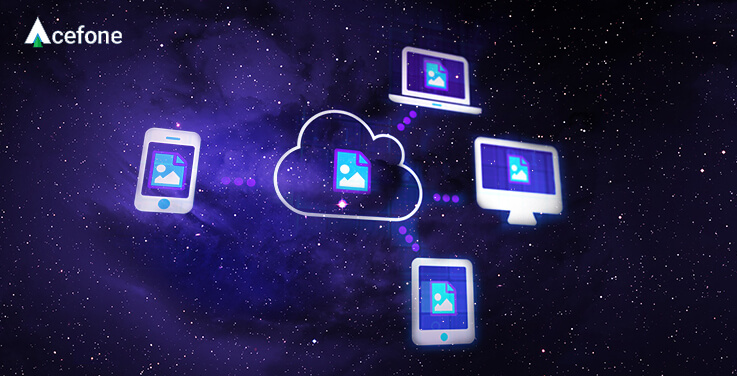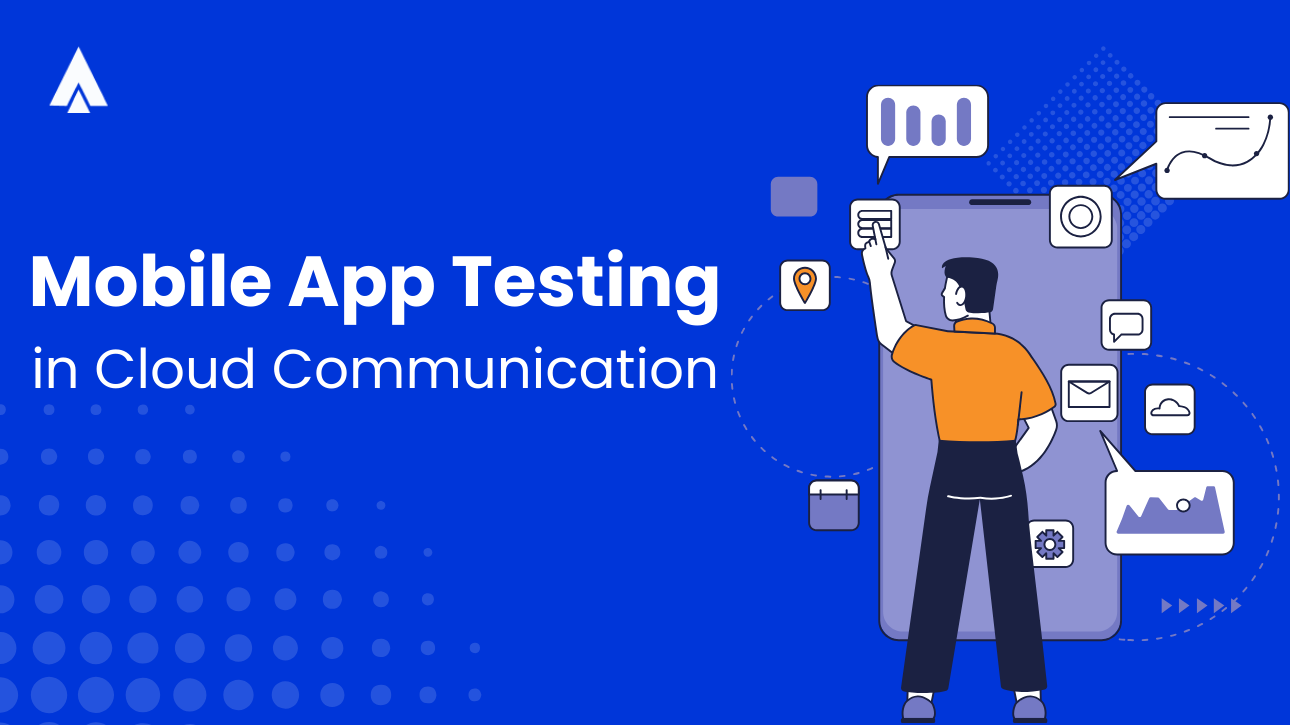Reports reveal that the market size for cloud computing is expected to grow from USD 371.4 billion in 2020 to USD 832.1 billion by 2025.
Cloud computing is the buzzword in the industry today. With the COVID-19 pandemic coming back on us, businesses have begun to look at advanced technological options to help deal with unprecedented situations.
Undeniably, cloud computing has bought about changes in the way businesses perform. Remote work has become the new norm, and organisations have begun to understand the need for collaboration in a virtual setup too.
Though these aspects are relevant to technology or non-IT businesses, have you ever wondered about the role of cloud computing in space exploration?
Well, cloud computing has left no stone unturned in transforming the way various functionalities operate. And space is no exception to this.
So, what is the impact of cloud computing on the exploration of space? Let us delve into this deeper!
About space exploration and technology
The first thing that may strike your mind at the mention of space exploration is satellites. Over the years, space scientists have been using the capabilities of satellites to obtain information about the happenings in space. Space, undoubtedly, is a lesser-known area to the laymen.
Moreover, there are always a lot of unanswered questions when it comes to space. So, usually, satellites are used to document information and take photographs. These photos are processed and researched further to curate more valuable information.
However, this whole process of clicking pictures, bringing back to space research centers, and refining them consumes a lot of time.
Robotised travellers or a few human-containing satellites have also travelled to space. Though the spacecraft is equipped with state-of-the-art equipment to extract information from space, its processing and delivery to the audience take time.
Time being the most significant factor to deal with space exploration, experts have begun to think about options to reduce this time consumption. Cloud computing proves to be this one way that can help in space exploration efficiently.
Cloud computing for space
Though it may seem that cloud computing for space is in its nascent stages of development, you should understand that the impact of cloud computing is unimaginable.
Let us discuss this in detail.
-
Provides instant access to data
We depend on the internet for even meagre clarifications. Be it a new recipe or rocket science, Google can do it all for us. Astronauts in space also need this knowledge to deal with much more severe situations. For them, lack of information can be a matter of life and death.
This crucial role is played by cloud computing. Cloud in space can offer critical knowledge to scientists and astronauts in real-time to face and manage difficulties seamlessly.
These situations can be about technical faults that may involve restarting the systems or troubleshooting tips. Whatever be the reason, knowledge at your fingertips can change the game.
-
Offers critical centralised data
Cloud computing and centralised data go hand in hand. Cloud computing plays a significant role in providing centralised access to information. This eases business processes, helps break through a siloed working scenario, and facilitates the free flow of information between the various parts of the business.
That was about regular businesses we have heard about. What about space?
The major difference between the space and a regular business is that in an office setup, we have departments placed away from each other. However, in space, distance is unbelievably tricky.
Physical devices can be placed on Mars. Its counterpart may be on Earth, and another orbiting the Moon. The network connecting these physical devices will be extremely wide.
Data obtained from these space probes and spacecraft are sent to space stations on Earth for processing.
Using the Cloud, data obtained in space can be processed and provided in a usable form to the astronauts. This will help them in further research and also save the time taken for the data to reach Earth, process it, and send the required information to space again.
Further, information is saved on a centralised repository on the cloud. This capability can be used by space technologists for self-service. Authorised users can fetch the data required all by themselves without depending on mediators. This, again, saves time and expedites processes.
-
Reduces power consumption, improves efficiency
The transmission and processing of data consume power. This power is produced by solar panels in space. The more you process, the more power you consume.
However, the space cloud can help in the efficient storage and transmission of data. Artificial Intelligence dovetailed with cloud computing will be helpful in this case.
AI cloud computing helps improve delivering actionable insights based on the data obtained. The amount of data obtained from devices in space is enormous. This data is quickly processed and digested by AI cloud computing algorithms. AI-based algorithms conduct intelligent analysis and capture expert knowledge to provide answers to research questions.
Simply put, AI with cloud computing eliminates the need for all the data to be sent back to space stations on Earth. This technology processes the data and can provide intuitive insights based on the data.
Therefore, AI with cloud computing saves power consumption and provides immediate answers to queries presented by space travellers.
-
Proactively protects the space assets
When we consider space assets, they may include physical ones like satellites or the critical data that is obtained after research. Regardless of their type, they are crucial. They need to be preserved and maintained appropriately.
However, individual or government agencies may not be able to maintain and keep up the quality. You should also understand that these processes of maintenance and upgrade, whenever required, consume a lot of funds too.
When it comes to the space cloud, the service provider has vast experience in maintaining and keeping up the quality of resources. Space cloud service providers will be equipped with the knowledge, tools, and technologies to keep up the quality of space assets.
They will also have in-depth knowledge in aspects like space traffic management that may pop up in the future. The increasing number of satellites revolving in their orbit may result in a collision. Though this is a matter of the future, these things should be thought about.
From untangling and deconflicting satellite orbits to tracking orbit debris every day, the computational capabilities of the cloud can do it all for you.
Wrapping up
Cloud computing for space exploration may be an untouched topic.
However, with the developments in space exploration, there is a need to discover better processes for optimised operations.
Cloud computing is a proven technology for businesses in numerous verticals. The space cloud, though budding, comes with enormous room for improvisations, growth, and simplification of complexities. Therefore, the focus on the space cloud is a must to successfully achieve more in this area efficiently.
To find out more about Cloud services, contact our team today at 1888-859-0450.














